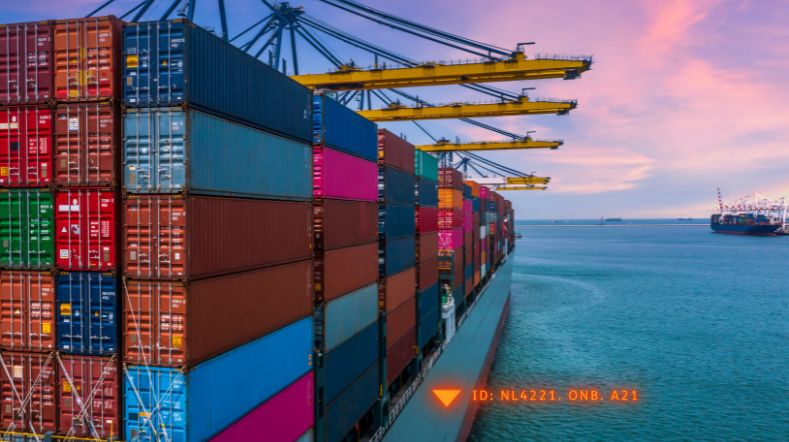Ship materials and structures
At TNO, our ambition is to enable safe, sustainable and reliable ship structures. This applies to both new and existing floating structures, pushing the existing envelopes and adapting to new circumstances and extreme environments.
Lifetime assessment of steel structures – Reduce, Re-use and Recycle
A reliable lifetime assessment of steel structures is essential to safely reduce the carbon footprint of ships and other floating structures. The need for new steel can by reduced by reliable lifetime extension of existing ships, material and components can be re-used in new structures, and steel with increased recycled scrap content can be used. This does not come without challenges: the composition and resulting material properties of re-used and recycled steel is uncertain and optimisation and extension can only be done with sufficient understanding of model uncertainties.
At TNO, we combine our expertise of material and structural behaviour to accommodate these uncertainties in the assessment of steel structures. Effective monitoring strategies are applied to go from data to advice and provide feedback for design and maintenance. Experiments performed in our mechanical testing facilities are used to validate the predictions.
Material behaviour in extreme environments
Storage and use of alternative fuels raise questions related to material behaviour in corrosive, cryogenic or other environments that affect the material properties, such as ductility, fatigue strength and crack arrest. Qualifying materials for these extreme environments is essential to assess material compatibility of existing structures in new environments and to ensure the right material is selected for new builds.
At TNO, we have the expertise to understand and predict material behaviour. We have the facilities to perform mechanical material, structural and equipment tests in a range of extreme environments, such as corrosive, chemical, explosive, pressurised, hot or cryogenic and combinations thereof.
Safe and reliable use of alternative fuels
The transition towards net zero emission maritime transport requires disruptive innovations and alternative designs that go beyond existing rules and state of the art. A risk based design approach supports the safe and reliable use of alternative fuels onboard ships. This requires identifying hazards and quantifying the associated likelihood and consequences.
At TNO, we apply our broad expertise to support the risk assessments and provide the underlying technical evidence for critical hazards. We quantify likelihood and consequences by combining tests in our facilities with simulations.
Get inspired
TNO opens test cell for sustainable marine engines


New testing facility enables safe experimentation with liquid hydrogen


Wind energy webinars

The transition to sustainable shipping


Naval and Offshore Structures



